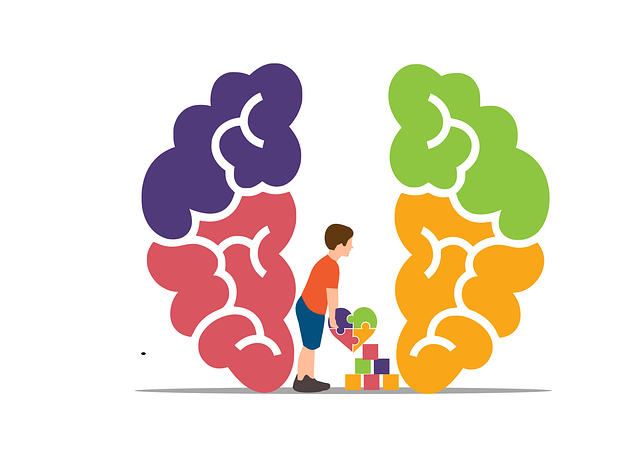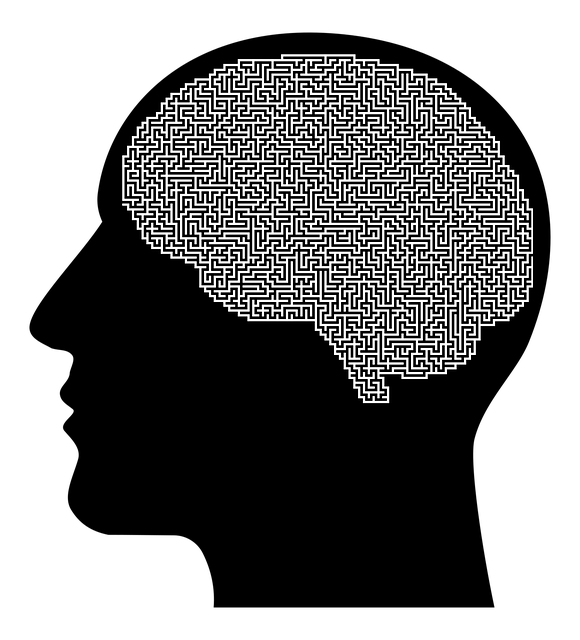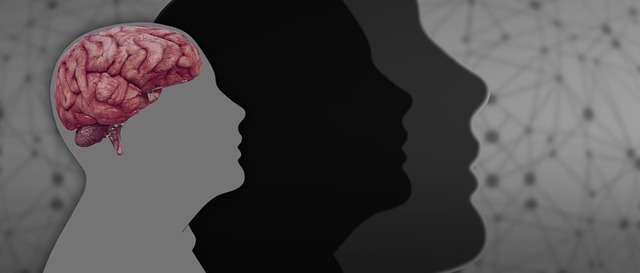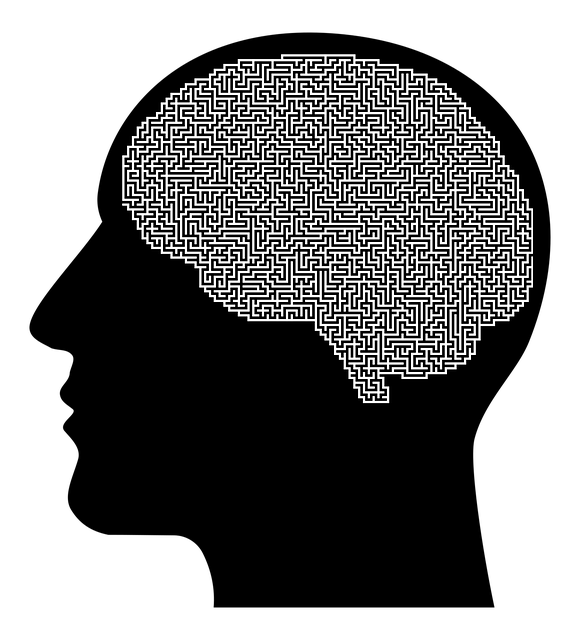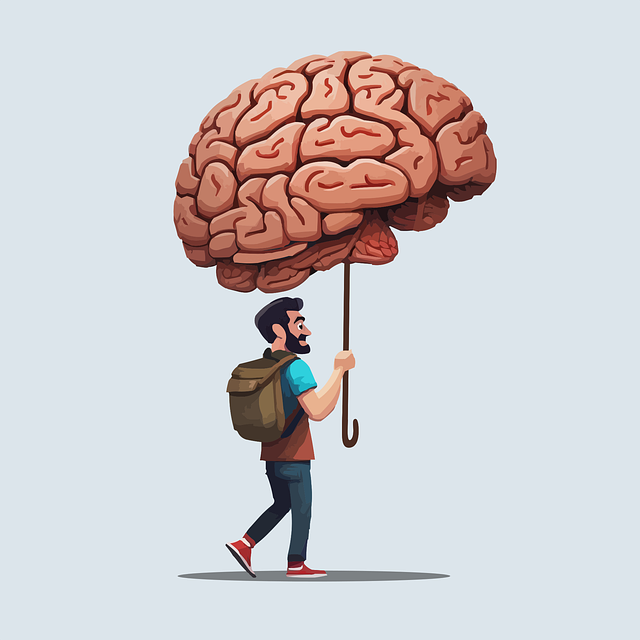Mental health literacy is key to successful Denver Couples Communication Issues Therapy. Educating partners about mental health conditions improves communication, strengthens bonds, and enhances conflict resolution. Interactive workshops focusing on communication strategies and mental wellness coaching are effective. The Denver Model offers a structured approach, emphasizing evidence-based techniques, cultural sensitivity, and empathy building to create a safe therapeutic environment, fostering positive changes in mental wellness for couples.
Mental health education programs play a pivotal role in fostering healthier relationships and communities. This article explores how enhancing mental health literacy can significantly impact interpersonal dynamics, particularly in couples therapy. We delve into designing effective educational initiatives, addressing communication issues common in Denver couples therapy through innovative approaches, and provide a practical guide based on the successful Denver Model. Key components for creating impactful programs are highlighted, offering valuable insights for professionals aiming to revolutionize mental health support.
- Understanding Mental Health Literacy and Its Impact on Relationships
- Designing an Effective Education Program: Key Components
- Addressing Communication Issues in Couples Therapy through Educational Initiatives
- The Denver Model: A Step-by-Step Guide to Implementing a Successful Program
Understanding Mental Health Literacy and Its Impact on Relationships

Mental health literacy, or the understanding and awareness of mental health conditions and their impacts, plays a pivotal role in fostering healthy relationships, especially within Denver couples seeking therapy for communication issues. When both partners possess a solid foundation of mental health knowledge, they can navigate challenges with increased empathy and effective problem-solving skills. This enhanced literacy enables them to recognize signs of struggle in each other, promoting early intervention and potentially preventing escalation into crisis situations.
In the context of Denver couples communication issues therapy, integrating mental health education can significantly improve outcomes. By equipping partners with crisis intervention guidance and depression prevention strategies, they become better equipped to support one another through difficult times. The result is a stronger bond, improved conflict resolution skills, and a more profound sense of shared understanding—all vital elements for nurturing lasting relationships.
Designing an Effective Education Program: Key Components

When designing an effective mental health education program, like those tailored for Denver Couples Communication Issues Therapy, several key components stand out. First and foremost, Communication Strategies must be at the heart of the curriculum. This involves teaching both active listening and assertive communication skills to enhance understanding and resolve conflicts within relationships. Incorporating interactive workshops and role-playing scenarios ensures participants can practice these strategies in a safe environment.
Additionally, Mental Wellness Coaching Programs Development is crucial for empowering individuals to take charge of their mental health. These programs should offer practical tools for stress management, emotional regulation, and self-care, boosting participants’ confidence. By combining theoretical knowledge with hands-on exercises, the education program becomes more engaging and impactful, fostering long-lasting positive changes in mental wellness.
Addressing Communication Issues in Couples Therapy through Educational Initiatives

In the heart of Denver’s thriving mental health landscape, addressing communication issues in couples therapy through strategic educational initiatives has emerged as a game-changer. Effective communication is the cornerstone of any successful therapeutic intervention, yet it often presents unique challenges in coupled relationships due to underlying emotional regulation difficulties and complex dynamic interactions. Mental health education programs design tailored modules that teach couples effective listening, conflict resolution strategies, and empathy building – essential skills for navigating Denver Couples Communication Issues Therapy.
These educational initiatives also incorporate risk assessment for mental health professionals, ensuring therapists are equipped to handle sensitive communication dynamics while fostering a safe therapeutic environment. By integrating emotional regulation techniques into the therapy process, these programs empower couples to manage their emotions, improve understanding, and strengthen their bond. Through such comprehensive approaches, Denver’s mental health community is revolutionizing how communication issues are addressed in couples therapy, positively impacting the lives of countless individuals seeking healthier relationships.
The Denver Model: A Step-by-Step Guide to Implementing a Successful Program

The Denver Model offers a structured approach to designing and implementing effective mental health education programs, ensuring successful outcomes for individuals seeking support. This model provides a step-by-step guide tailored to addressing various challenges, including Denver Couples Communication Issues. By following this framework, mental health professionals can create comprehensive programs that foster better patient engagement and understanding of their well-being.
Each stage emphasizes different aspects, such as assessing community needs, designing relevant curriculum, and employing evidence-based techniques. Cultural sensitivity in mental healthcare practice is a cornerstone of the Denver Model, encouraging therapists to tailor their approach to diverse backgrounds. Empathy building strategies are also integral, helping individuals feel heard and understood. Through this methodical process, programs aim to enhance mental wellness, addressing not just symptoms but also the underlying factors contributing to clients’ struggles, particularly in the context of couples communication.
Mental health education programs, as exemplified by the Denver Model, can significantly enhance relationships and address communication issues in couples therapy. By incorporating key components such as understanding mental health literacy, designing effective educational content, and focusing on specific challenges like Denver Couples Communication Issues, these programs offer a structured path to success. This approach not only improves individual well-being but also fosters healthier dynamics within relationships, making them invaluable tools for fostering positive change in today’s world.


